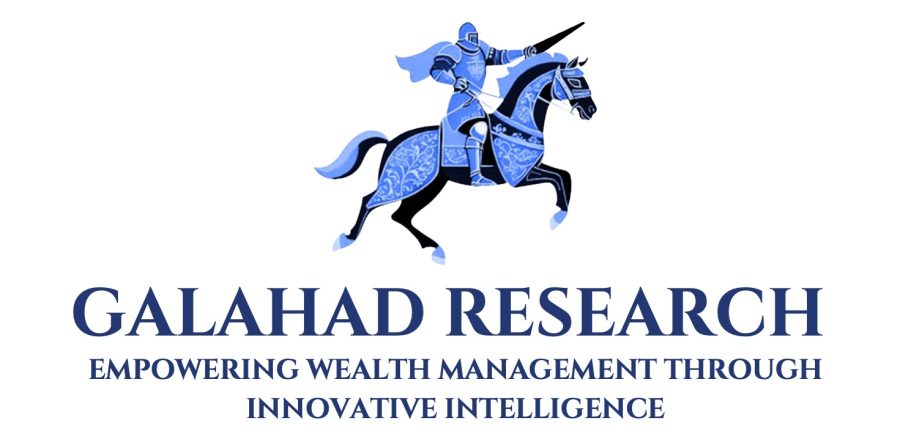What is Money in the Age of Code?
By Palesa Tau
5 June 2025
From gold coins to Bitcoin, money has always reflected the values of its time. As we move deeper into the digital era, code is not just managing money — it’s becoming money. But what does that mean for how we define value, trust, and power?
The Long Evolution of Money
Money, at its core, is a tool — a way for humans to store and exchange value. From seashells and silver coins to central bank notes, it has evolved alongside the societies that use it.
Each form of money has been shaped by its technological limits, political environments, and institutional trust. In ancient times, it was scarce metals. In the industrial era, paper and banks. And now, in the digital age, we are witnessing a new contender: code as money.
Code as Currency: The Rise of Programmable Money
With the advent of Bitcoin in 2009, we saw the first real example of money created entirely by software — rules enforced by cryptography, not governments. Ethereum took it further by enabling programmable money through smart contracts.
Now we have a financial ecosystem where:
- Stablecoins mimic fiat currencies but operate on-chain.
- DeFi protocols replace banks with open-source code.
- NFTs and social tokens represent value in digital culture.
- CBDCs (central bank digital currencies) merge state money with blockchain rails.
We’re not just storing value anymore. We’re embedding conditions, logic, and behavior into the money itself.
Trust in the Age of Algorithms
Traditionally, money requires intermediaries — banks, treasuries, or governments. We trust them (sometimes reluctantly) to hold our value, process our payments, and enforce contracts.
But in the age of code:
- Trust shifts from institutions to algorithms.
- Rules are transparent and enforced by consensus, not decree.
- Transactions become censorship-resistant and borderless.
This shift redefines power. A smart contract can execute a payment across continents without any human or bank in between. A DAO (decentralized autonomous organization) can raise millions in funding without a corporate charter. Code becomes the gatekeeper.
What Really Is Money Now?
In the traditional sense, money must be:
- A medium of exchange
- A unit of account
- A store of value
Today, digital assets perform these roles in fragmented and novel ways.
- Bitcoin is a store of value.
- Stablecoins are a medium of exchange.
- ETH is all three — plus a source of gas for computation.
But increasingly, value is becoming more abstract and contextual:
- In gaming ecosystems, skins and in-game tokens are money.
- On social platforms, reputation, engagement, and memes create and move economic value.
- In the creator economy, loyalty points and fan tokens shape influence-driven economies.
We're seeing a blurring of lines between financial, social, and cultural capital. In short: money isn’t just what you spend — it's how you participate.
Who Controls This New Money?
The rise of code-based money raises critical questions:
- Who audits the smart contracts?
- What happens when code fails or is exploited?
- How do you tax money that lives on-chain and moves anonymously?
As governments catch up, regulation like the EU’s MiCA or the U.S. push toward crypto oversight will attempt to bring code-based money into traditional frameworks. But the tension is structural — between permissionless systems and controlled economies.
The Future: A Multipolar Monetary System
Rather than a single dominant currency, the future looks increasingly multipolar:
- State-backed digital currencies (CBDCs)
- Corporate coins (like PayPal’s PYUSD or Diem’s failed attempt)
- Crypto-native assets (BTC, ETH, and whatever comes next)
- Community money (DAOs, NFTs, in-game tokens, etc.)
In this world, money is fluid, programmable, and contextual. It may change depending on where you are, what network you're on, or who you interact with.
Money is no longer just paper in your pocket or numbers on a bank screen. It's code you can fork, value you can program, and systems you can opt into or out of.
In the age of code, money becomes more than an economic tool — it becomes a way to express identity, coordinate action, and reimagine power.
As we ask "What is money?", the more pressing question might be:
Who gets to write the code?

